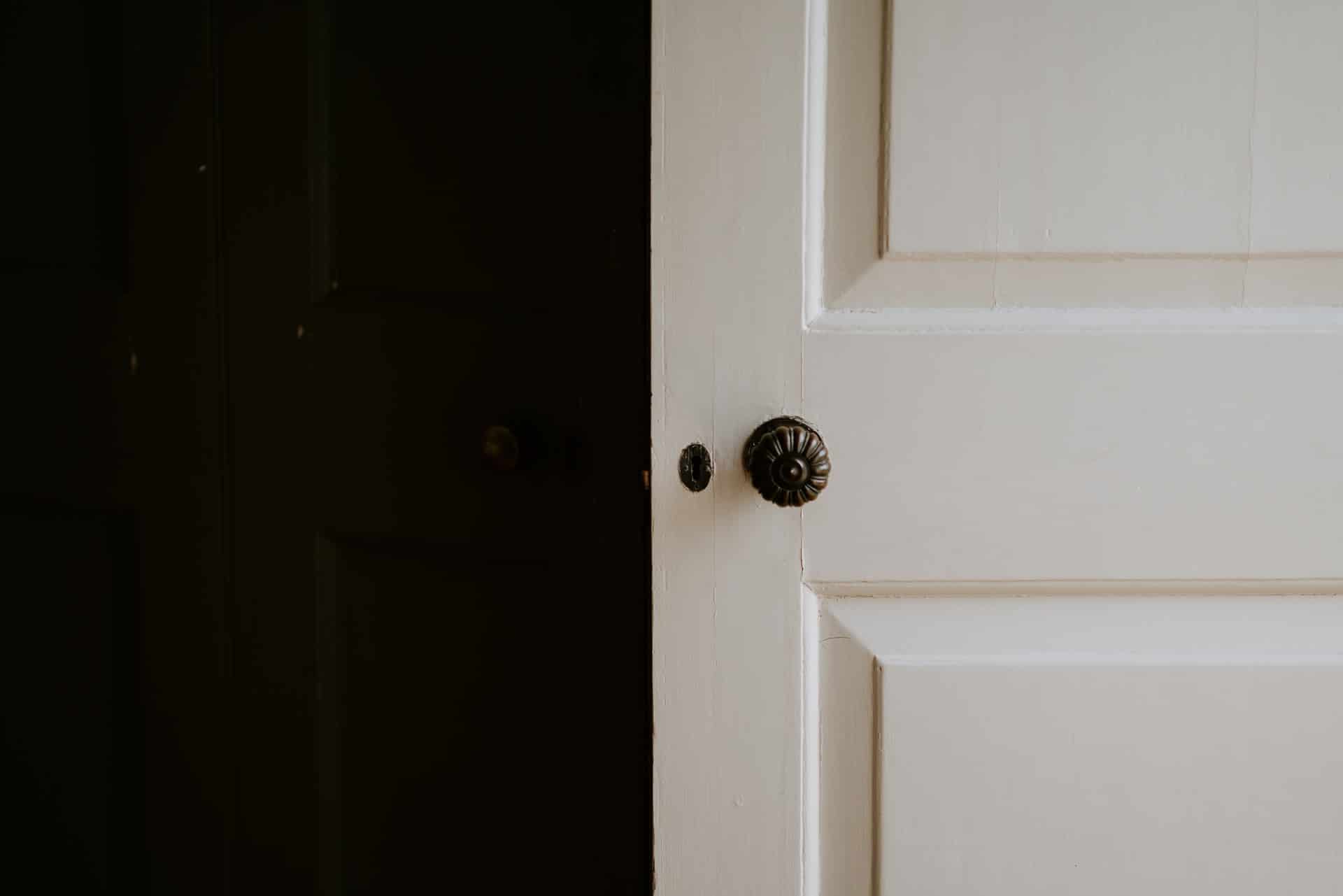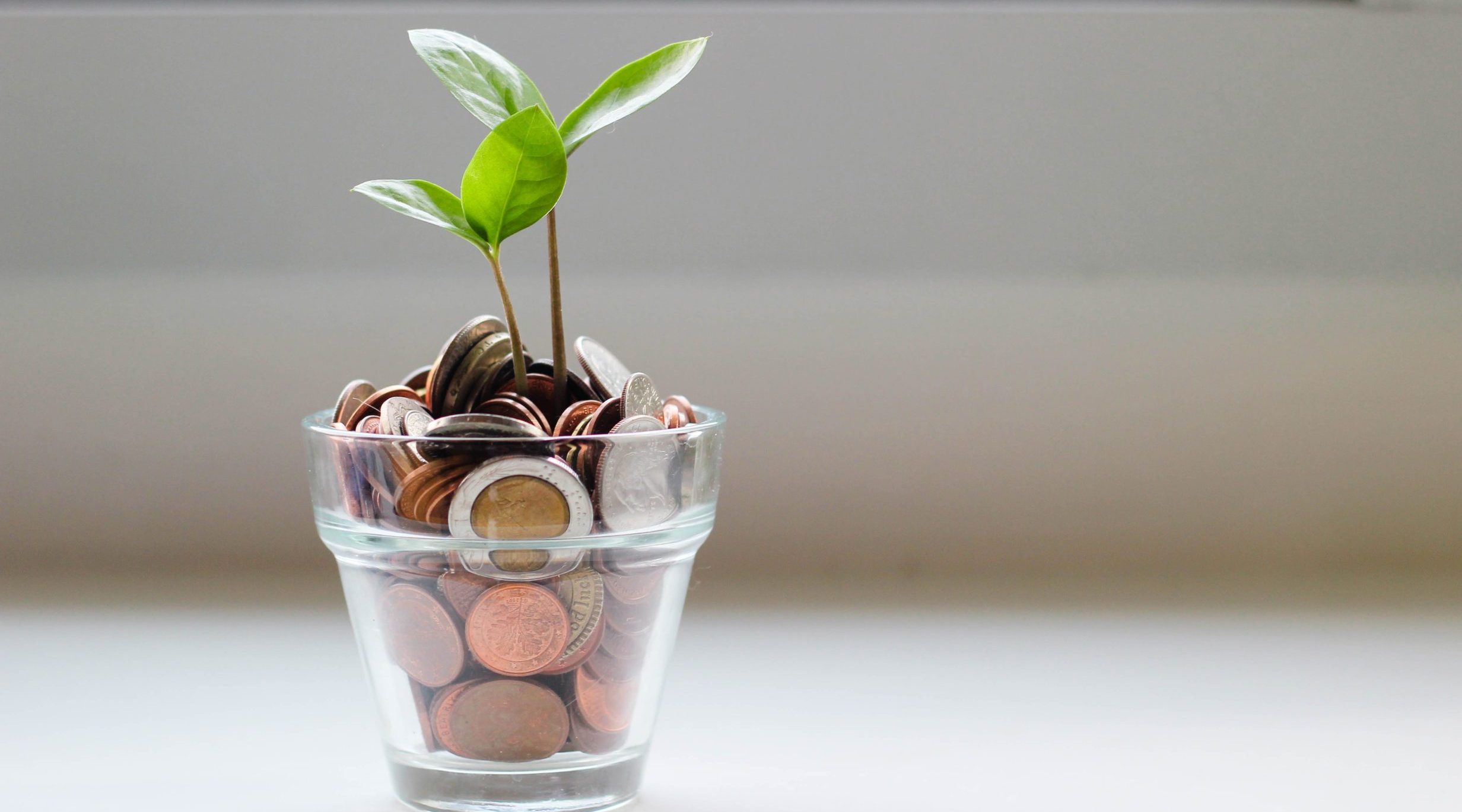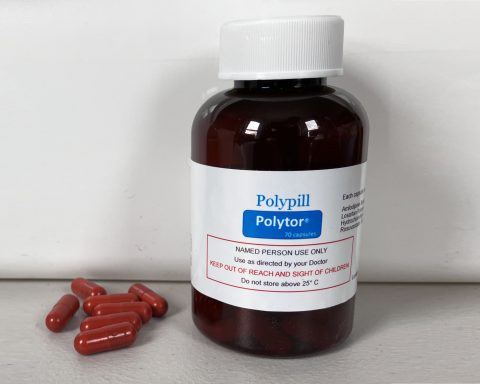Ché-Anne Davis-Leahy is a Sixth Former, Creative, navigator of chronic health conditions and author of “15 minutes”.
Nadia Somers is a Clinical Psychologist: supporting young people and families in the paediatric endocrine department at the Evelina London Children’s Hospital and in private practice She is on instagram: @atimeandspacepsychology
In a time of unprecedented pressure on health professionals, especially on GPs, how do we hang onto the magic ingredients that make those brief consultations count? The magic ingredients are the practices that make up what we call “The Relationship”; the moments of curiosity, eye contact, active listening, transparency and so on. They mean medical advice and experience travels out of the consulting room with the patient, and has a long lasting and positive influence on outcomes such as adherence, help seeking, decision making and quality of life.1-5 The Relationship is the magic ingredient.
Ché is a young person transitioning from paediatric to adult services who has long been finding ways to manage multiple health conditions and navigate the health system. I am a clinical psychologist supporting young people and families in a hospital setting. Our conversations have been as much about healing the marks left by contact with healthcare professionals as they have been about reclaiming agency over health conditions.
As we come to an end of our work Ché has written a poem about a GP consultation that we wanted to share with you.
15 minutes
waiting in the reception area, i imagine the caricature of my GP
these implored attributes manifest from experiences engraved on the tabula rasa of my mind, informing the set list:
a tone of indifference inhumanely void of empathy; eyes that only search for illness, blind -or ignorant- to that I am an entity; and knowledge of every probability, they radiate an overbearing sense of supremacy
in this time before my appointment where i ascribe these traits, i recall a montage of every time i entered a patient room— recurrently being rendered inarticulate by the GP’s all-engulfing presence— repeatedly engaging in futile conversation, unable to finish a full sentence— that inescapable feeling of being inferior and helpless—
the montage pauses
an inviting hand on the patient room door knob, soft eyes and an enthusiastic handshake greets me
their hand calloused, sticky with hand sanitiser residue, directed me to my seat.
i sit admittedly still with anticipation, waiting for the characteristics i’m all too familiar with to surface, but they seem non-existent as i observe them
they tap their forefinger lethargically on the mouse— the other hand fiddles with their lanyard, full to the brim with badges of all kinds— they give me a worn smile, overflowing with warmth, before speaking inquisitively, asking me questions about my day, my health, my life.
i was treading in unfamiliar territory
the characteristics i assumed of them were misleading, and i felt a cumulation of guilt, yet the feeling of comfort swelled within me as i abandoned my self-fulfilling prophecy
i allowed myself to settle into the seat, the tension seeping from hands, my jaw unclenching, and my eyes widening, ready to let them in.
References
- Feo R, Young JA, Urry K, Lawless M, Hunter SC, Kitson A, Conroy T. ‘I wasn’t made to feel like a nut case after all’: A qualitative story completion study exploring healthcare recipient and carer perceptions of good professional caregiving relationships. Health Expectations. 2024 Feb;27(1):e13871.
- Kelley JM, Kraft-Todd G, Schapira L, Kossowsky J, Riess H. The influence of the patient-clinician relationship on healthcare outcomes: a systematic review and meta-analysis of randomized controlled trials. PloS one. 2014 Apr 9;9(4):e94207.
- Kornhaber R, Walsh K, Duff J, Walker K. Enhancing adult therapeutic interpersonal relationships in the acute health care setting: an integrative review. Journal of multidisciplinary healthcare. 2016 Oct 14:537-46.
- Pronovost-Morgan C, Hartogsohn I, Ramaekers JG. Harnessing placebo: Lessons from psychedelic science. Journal of Psychopharmacology. 2023 Sep;37(9):866-75.
- Tavakoly Sany SB, Behzhad F, Ferns G, Peyman N. Communication skills training for physicians improves health literacy and medical outcomes among patients with hypertension: a randomized controlled trial. BMC health services research. 2020 Dec; 20:1-0.
Featured photo by Annie Spratt on Unsplash.








